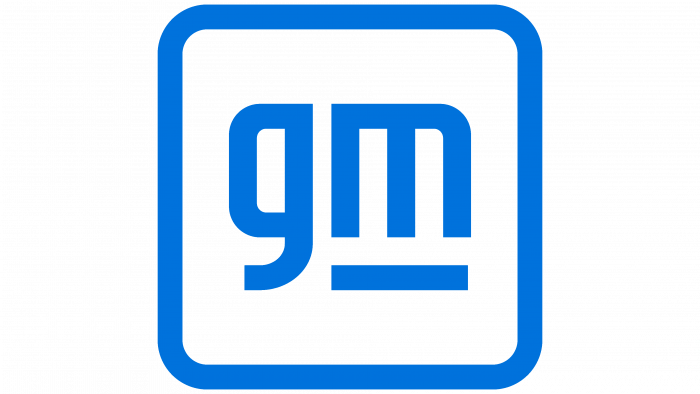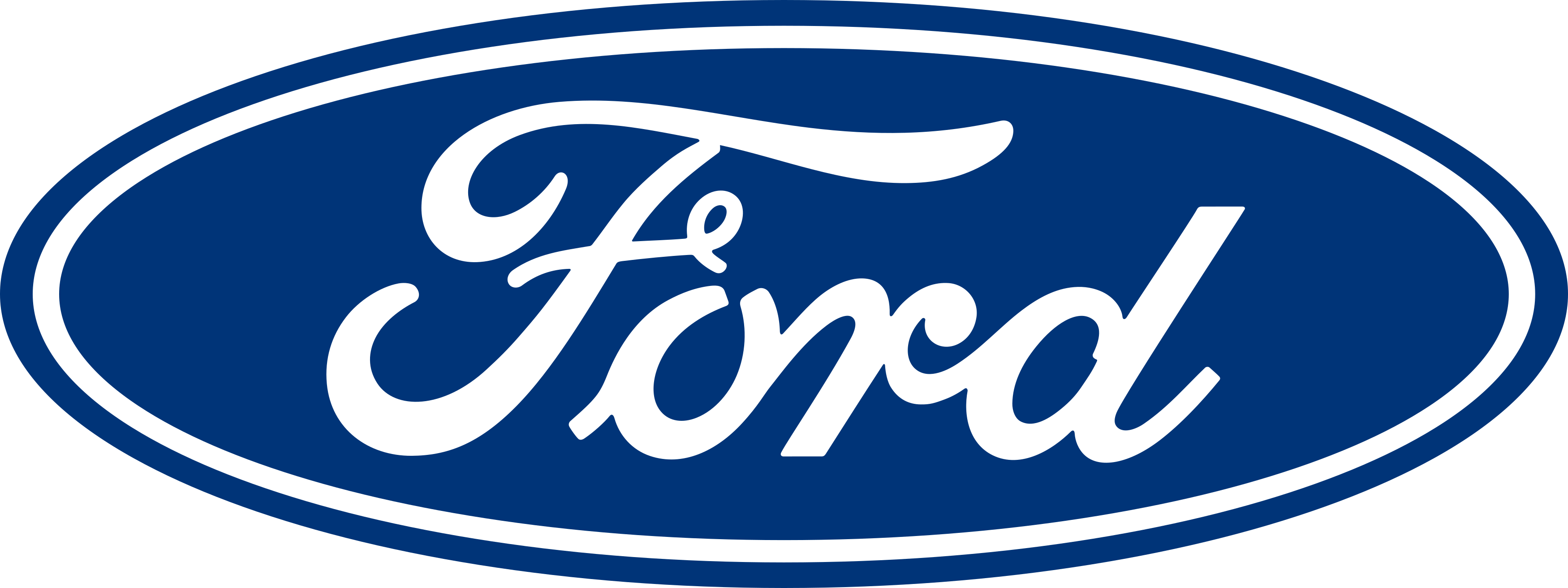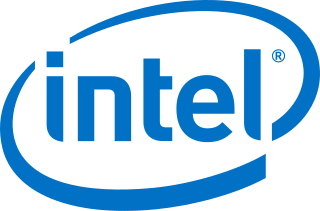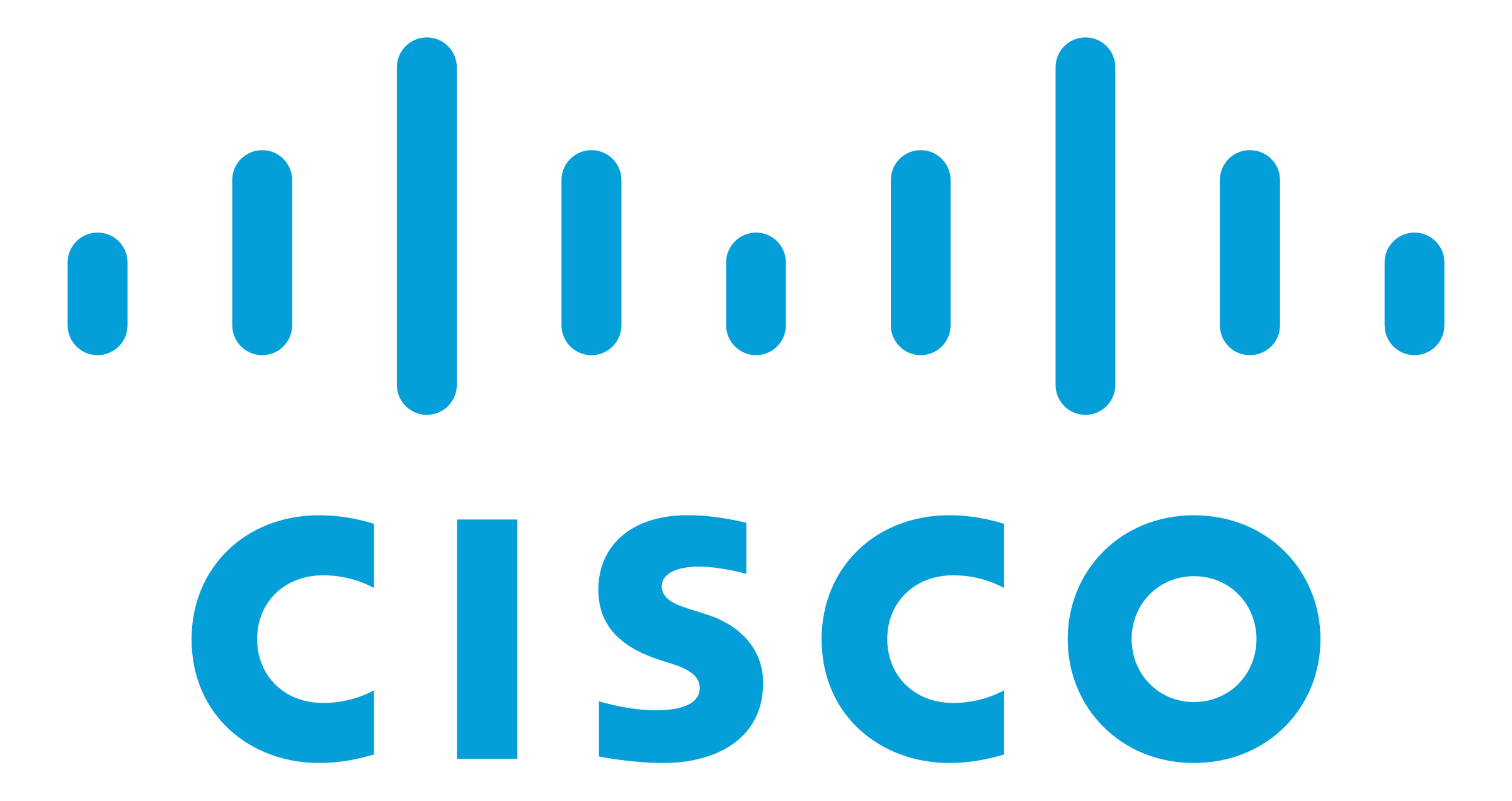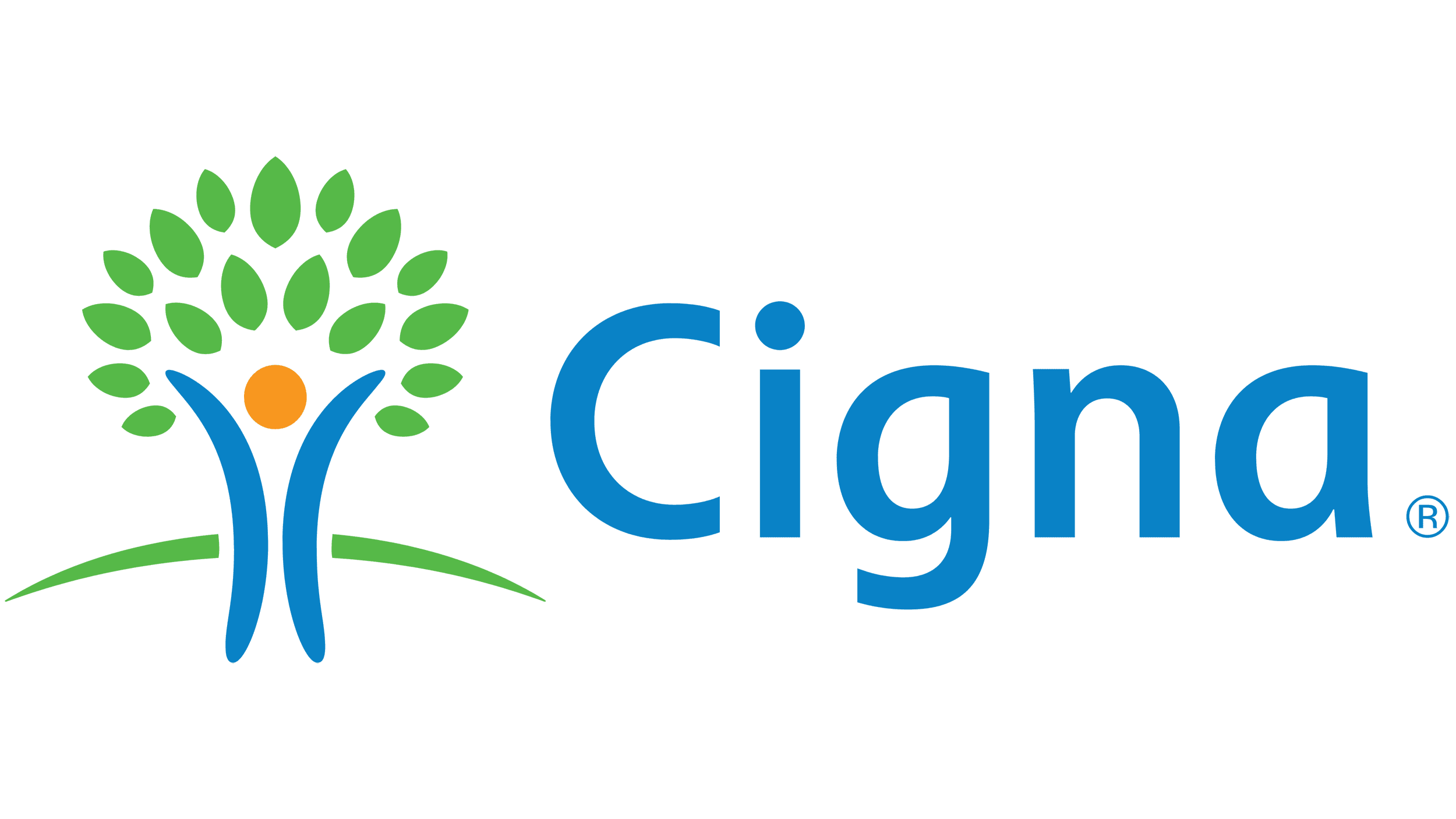Overcoming Career Stagnation: Tips for Senior Executives Feeling Stuck in their Roles
Are you a senior executive feeling stuck in your current role and unsure about how to reignite your passion for your career? In the dynamic landscape of modern business, senior executives are not immune to the challenges of career stagnation. Despite their high-level roles and significant achievements, many find themselves at a crossroads, feeling anchored in place while aspiring for more.
In this blog post, we will walk you through recognizing the signs of a stagnant career and provide practical “overcoming career stagnation tips for senior executives feeling stuck in their roles”, taking charge of your professional growth, and exploring alternative career paths. Let’s get started on reigniting your career fire!
Want to save time?
Let us help you land your next executive position by crafting the best resume/LinkedIn profile or by managing your entire job search. Here’s more information about our Executive Resume Writing Services and Reverse Recruitment Service. Book a call today to speak directly with our CEO and Founder, Arno Markus!
Industry Stats: According to the U.S. Bureau of Labor Statistics (BLS), the employment of top executives is projected to grow 6% from 2021 to 2031, which is about as fast as the average for all occupations.
Understanding Career Stagnation
What is Career Stagnation?
For senior executives, career stagnation represents a complex challenge. It’s more than just a halt in climbing the corporate ladder or a salary cap. It’s a state where the thrill of overcoming challenges, the excitement of learning, and the satisfaction of achieving goals have diminished. This stagnation is often characterized by a lack of personal and professional development, resulting in feelings of restlessness and a diminishing passion for a role that once offered fulfillment.
Common Causes of Career Stagnation in High-Level Positions
Career stagnation among senior executives is influenced by a variety of factors that can subtly impede professional growth. Recognizing and addressing these factors is crucial for charting a path forward.
- Comfort Zone Prolongation: Senior executives often reach a point where their role becomes too familiar, leading to comfort. This comfort can transition into complacency, where the drive to seek new challenges or innovative projects diminishes. The absence of these new challenges can lead to a stagnating career.
- Limited Growth Opportunities: In certain organizational structures, there may be a scarcity of opportunities for advancement or diversification of experience at higher levels. This can leave senior executives feeling static, with limited options for professional development, ultimately impacting their enthusiasm and growth prospects.
- Evolving Technological and Industry Norms: The fast pace of change in technology and industry standards can be a hurdle. Executives who don’t keep pace with these changes may find their skills becoming obsolete. Staying updated with new trends and technologies is essential to remain relevant and effective in one’s role.
- Learning Takes a Backseat: At the senior executive level, there’s often a misconception that learning and development are less critical. However, continuous learning is vital for keeping skills sharp and staying adaptable in an ever-changing business landscape. When learning is deprioritized, executives can find themselves out of touch with current best practices and innovations, contributing to career stagnation.
Understanding these causes allows senior executives to take proactive steps to reignite their career growth. This might involve seeking new challenges, continuously updating skills, and embracing opportunities for learning and development.
Impact on You and Your Organization
The effects of stagnation extend beyond the individual. It’s not just about feeling unfulfilled; it’s about potential untapped and contributions not made. When a senior leader is not operating at their full potential, it can ripple through the organization, affecting team dynamics, innovation, and overall growth.
Recognizing these factors is the first step. With this understanding, you’re now equipped to turn stagnation into action, using it as a springboard for renewed growth and success. Stay tuned as we explore how to spot the signs of stagnation and, more importantly, how to break free from it, reinvigorating your career and your impact on your organization.
Related: LinkedIn Profile Writing Service
Recognizing the Signs of Stagnation
As a senior executive, being vigilant about the health of your career is paramount. Recognizing the signs of stagnation is a critical skill that can help you steer your professional journey back on an upward trajectory. Let’s shine a light on these tell-tale signs, empowering you to identify and tackle them head-on.
Key Indicators of Stagnation
- Diminished Enthusiasm for Work: Do you find yourself less excited about your workday? A notable drop in enthusiasm and motivation can be a clear signal that you’re experiencing stagnation.
- Feeling of Underutilization: If you often feel your skills and talents are not being fully utilized or challenged, it’s a sign that you’re not in a growth-inducing environment.
- Lack of Learning Opportunities: When was the last time you learned something new at work? A stagnant role often lacks opportunities for learning and development, crucial for keeping your skills sharp and your mind engaged.
- No Clear Future Path: Feeling uncertain about your future in the organization or lacking a clear career path is a significant red flag of stagnation.
- Routine Overload: If every day feels like a repeat with little variation or challenge, it’s time to reassess. High-level roles should involve strategic thinking and innovation, not just routine tasks.
The Power of Acknowledgment
Recognizing these signs is not a defeat; it’s a courageous first step towards making a positive change. It’s about taking stock of where you are and deciding where you want to be. This self-awareness is a powerful tool that can help you refocus and realign your career with your aspirations.
Remember, stagnation is not a permanent state. It’s a phase that, once recognized, can be transformed into a launchpad for new challenges and achievements.
Tips to Overcome Career Stagnation
For senior executives facing career stagnation, proactive and strategic action is key to finding new paths for growth and fulfillment. Here are detailed strategies to help you break free from stagnation and rejuvenate your career.
- Embrace Continuous Learning
The business environment continually evolves with new trends and innovations. To keep pace and maintain a competitive edge, it’s essential to engage in ongoing learning. This can involve enrolling in specialized courses, attending relevant industry workshops, or embracing self-study in emerging areas of your field. Continuously updating your knowledge and skills not only keeps you relevant but also stimulates your intellectual curiosity, which can be a powerful antidote to the feeling of stagnation.
- Expand and Leverage Your Network
A strong professional network is invaluable for career growth. Make efforts to connect with industry peers, join professional groups, and attend networking events. These connections can provide fresh insights, introduce you to new opportunities, and offer perspectives that you may not have considered. Networking is not just about expanding your list of contacts; it’s about building relationships that can offer support, advice, and new viewpoints. This proactive engagement can open doors to new possibilities that reignite your career enthusiasm.
- Seek Mentorship and Coaching
Guidance from a seasoned mentor or professional coach can be transformative. A mentor provides not only wisdom from their own experiences but also an objective perspective on your career trajectory. This relationship can help identify areas for growth, offer new strategies to tackle professional challenges, and provide encouragement. Likewise, a coach can assist in refining your leadership skills, improving communication, and setting achievable goals. Embracing mentorship or coaching demonstrates a commitment to personal and professional development, essential for breaking free from stagnation.
- Set New Professional Goals
Reassessing and setting new professional goals can give your career a much-needed boost. Reflect on what you wish to achieve in the next phase of your career.
To rejuvenate your career, implement SMART goals:
- Specific: Define clear objectives, like “Lead a new market expansion project.”
- Measurable: Set goals you can track, such as “Increase team productivity by 15%.”
- Achievable: Choose realistic and attainable goals.
- Relevant: Align goals with your role and career aspirations.
- Time-bound: Set deadlines, e.g., “Complete a new management course in 6 months.”
Employing SMART goals helps create a focused path to professional growth, steering you effectively out of career stagnation.
- Step Out of Your Comfort Zone
Growth often happens outside of comfort zones. Challenge yourself by taking on new responsibilities or projects that differ from your usual role. This might involve leading a team in an unfamiliar domain, implementing innovative strategies, or engaging in cross-departmental collaborations. Such experiences not only enhance your skill set but also provide a fresh perspective on your capabilities. Embracing these challenges can reignite your passion for work, as each new experience adds depth to your professional repertoire and keeps your daily routine dynamic.
- Advocate for New Projects or Roles
Don’t wait for opportunities to come to you; actively seek them out. If you feel stagnant in your current role, look for new projects within your organization that can challenge you and expand your skills. Propose your own initiatives if necessary, especially those that align with your company’s goals and your personal interests. Taking the initiative to step into new roles or projects demonstrates your commitment to growth and your value to the organization. This proactive approach can lead to a more fulfilling career path and rekindle your enthusiasm for your work.
- Update Your Digital and Technical Skills
In today’s rapidly advancing technological landscape, staying current with digital and technical skills is crucial. This might mean learning new software relevant to your industry, understanding emerging tech trends, or enhancing your data analysis capabilities. By keeping your skills up-to-date, you not only increase your value to your current organization but also enhance your employability and versatility in the market. This continuous skill development can open up new avenues for innovation in your current role and make you a more competitive candidate for future opportunities.
- Engage in Self-Reflection
Regular self-reflection is key to understanding your career aspirations and motivations. Take time to assess what truly drives you, what your professional values are, and where you see yourself in the future. This introspection can reveal new paths and possibilities that align more closely with your personal goals and passions. Understanding your strengths and areas for improvement also helps in charting a more fulfilling career path. Self-reflection is a powerful tool that can guide your decisions and actions towards a more rewarding professional journey.
- Prioritize Work-Life Balance
Maintaining a healthy balance between your professional and personal life is crucial for long-term career satisfaction. Overworking can lead to burnout, which only exacerbates feelings of stagnation. Make time for hobbies, family, and personal interests. This balance ensures that you have the energy and enthusiasm to tackle challenges at work and maintain a fresh perspective. A well-rounded life also fosters creativity and problem-solving skills, which are invaluable in overcoming career stagnation and finding new ways to grow and excel in your role.
- Pursuing Entrepreneurship as a Path Out of Stagnation
For senior executives grappling with career stagnation, entrepreneurship emerges as a beacon of revitalization and growth. This journey offers a unique blend of freedom, challenge, and the chance to directly imprint your vision in the business world.
Here are the key points to consider when contemplating entrepreneurship:
- Utilize your skills and experience to build a business aligned with your strengths.
- Enjoy the freedom to make decisions and innovate.
- Experience the satisfaction of creating and growing your own venture.
- Tackle and overcome the unique challenges of entrepreneurship.
- Find renewed purpose and professional satisfaction in building something of your own.
Exploring entrepreneurship can be a transformative step towards a fulfilling and dynamic career.
Summary
Overcoming career stagnation as a senior executive involves a thoughtful mix of self-reflection, strategic actions, and embracing new challenges. From pursuing continuous learning and expanding your professional network to exploring mentorship or stepping into the entrepreneurial realm, each strategy offers a unique way to rekindle your professional enthusiasm and growth.
The path to reinvigorating your career is deeply personal, yet universally rooted in taking active steps and being adaptable to change. Each obstacle in your career is an opportunity for development, and with a determined approach, career stagnation can be transformed into a catalyst for remarkable professional achievements.
Frequently Asked Questions
Career stagnation can be caused by expecting growth too fast or having no opportunities for growth due to a lack of potential advancement within an organization or outdated skills.
Yes, career stagnation can affect senior executives, just like professionals at other career stages. It often arises when individuals reach a point where they feel their growth has plateaued.
Let your manager know you’d like their help getting your engagement back and that you’re looking for new projects and ways to help the company. Mention your list of ideas, and have a conversation about what you’ve noticed and how you can get unstuck.
If you find yourself not being promoted, feeling unmotivated to achieve more, and your income is stagnant, these are all signs of career stagnation. Take the necessary steps to address any of these issues and get back on track for success.
Consider making lateral moves, transitioning to consulting or advisory roles, or exploring entrepreneurship to reignite your passion and break free from stagnation.
About iCareerSolutions
iCareerSolutions, America’s #1 Executive and Professional Resume Writing Services, Reverse Recruitment, and LinkedIn Profile Development Company. 28X award-winning resume writers deliver professional resumes that get interviews. We have successfully landed our executive clients senior-level leadership positions at companies like Apple, Amazon, EA, Oracle, GM, Google, Facebook, DoJ, Gap, and 2U just to name a few. iCareerSolutions has 200+ 5-star reviews and offers a 60-day interview guarantee. Every resume template created is Applicant Tracking Systems (ATS) compatible and highly customized to meet your unique needs.
Active Members of The National Resume Writers’ Association (NRWA) │ The Professional Association of Resume Writers & Career Coaches (PARW&CC) │ Career Directors International (CDI) │ Career Professionals (CPC) │ Forbes Coaches Council
One of the Top Multi-Award-Winning Resume Writing Services in the country.
Book a complimentary consultation for your Professionally Managed Job Search now!


Employers who have Onboarded Our Clients



















